Published: 08 Feb 2024
A Destination Office in Australia
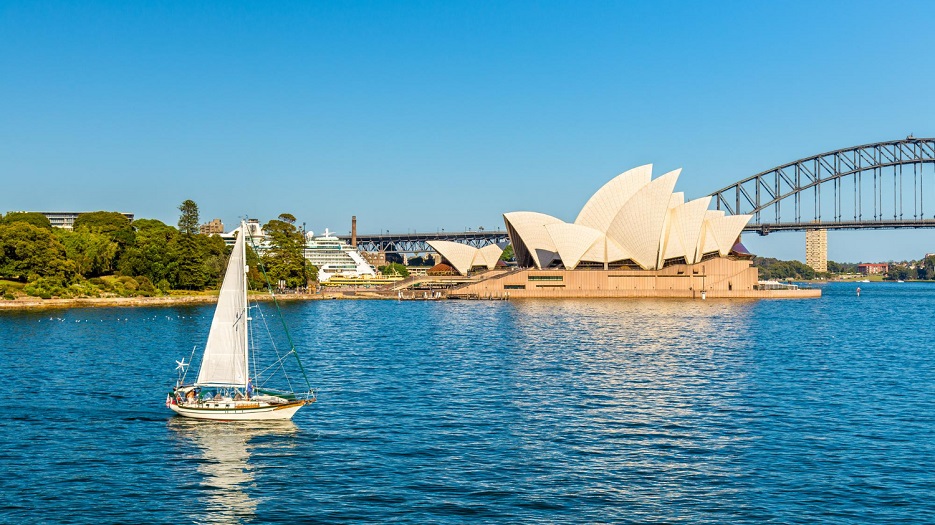
The office is evolving against a backdrop of social economic challenges and a changing risk environment that most businesses operate in today. Needless to say, this evolution carries significant connotations for the office sector. This article focuses on the social economical, regulatory landscape and policies changes in Australia and related considerations for businesses seeking sustainable success.
The Reserve Bank of Australia's Statement on Monetary Policy (Non-exhaustive)
• Economic growth has slowed but the overall market remains positive.
• Inflation remains above the Reserve Bank of Australia's target band of 2% to 3%.
• Australian GDP growth slowed to an average annual rate of 3.3% in Q2 (2023) from 3.6% in Q1 and 3.7% a year earlier.
• Growth is forecast to continue to slow moving forward before picking up again mid next year 2024.
• New South Wales gross state product is also forecast to slow from 3.9% in 2022 to 1.1% and 1.2% respectively in 2023 and 2024.
Download the complete Statement.
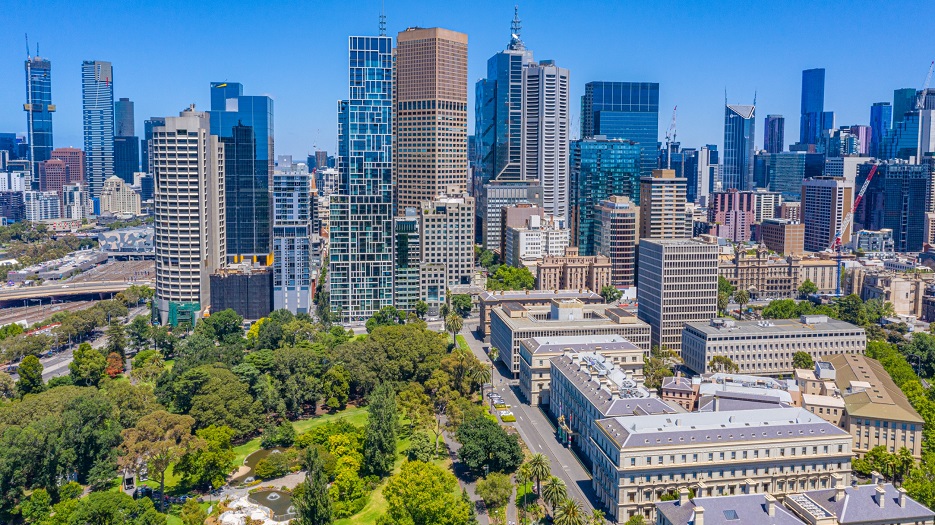
As we enter 2024, the Reserve Bank of Australia's Statement on Monetary Policy poses interesting implications on how businesses should occupy their office space and to utilise that space in enabling their people programs in a sustainable manner. In relation to this, there are three key priorities for businesses to consider when allocating resources, which entails evaluating the amount of space needed to serve its business under an economic climate of change and unforeseen turbulences. Next, it is equally important to assess the physical location of the office based on the nature of the business. For instance, a business might conduct regular reviews on whether it is more beneficial to locate a physical office in the CBD as opposed to the fringe areas or a suburban business park. Finally, the unique concept of a destination office is gaining momentum in most metropolitan cities.
A Climate of Economic Change and Unforeseen Turbulences
Increasingly, many businesses are turning to flexible workspaces as a means to circumvent the negative effects of cyclical economic turbulences. Compass Offices’ portfolio of business centres in Australia could remediate and alleviate the effects of cyclical economic cycles by allowing a business to flex up or down with great ease. The location of each business centre is carefully selected by industry leaders with decades of experience in the field. In short, Compass Offices conducts the due diligence to ensure the building that our office space reside in are up to par with prevalent standards in terms of infrastructure and building enhancements including energy efficiency, carbon reduction or upgrades of public spaces in line with sustainability goals that are increasingly on the agendas of most businesses. The following section will focus on the major Austrian cities that most businesses should examine when seeking a physical office, as well as other contributors in the establishment of a destination office.
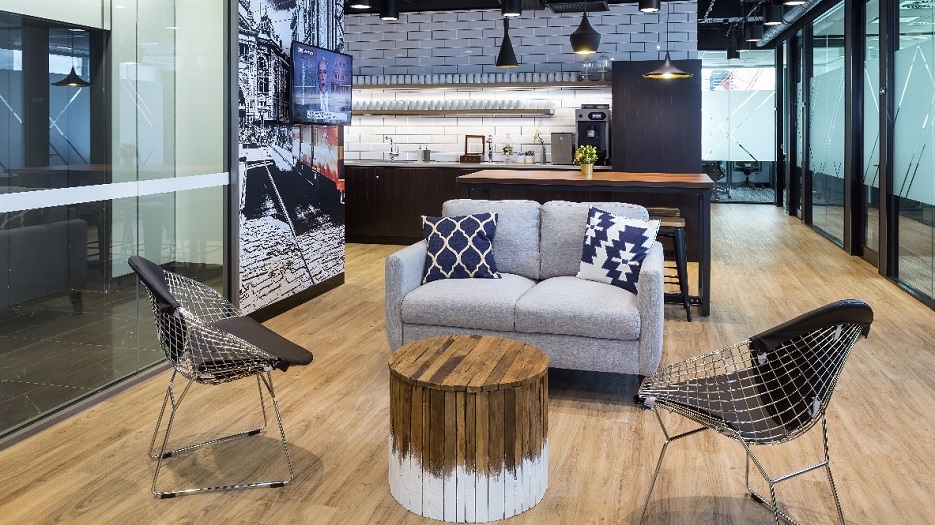
Flexible Workspace in Melbourne, Australia
Melbourne is Australia’s second-largest city and a major business hub in the country. Melbourne CBD is considered to be the business and financial centre of the city, thriving with a plethora of financial, mining, sporting, communications and technology companies of various sizes and scale. Compass Offices has 3 business centres in Melbourne CBD. The city is highly accessible via its major train, tram, bus lines and main transport networks. Moreover, Melbourne consistently ranks as one of the world's most livable cities due to its excellent healthcare, education, and city infrastructure, with mild winters and warm summers.
Compass Offices’ exquisite range of business centres greatly reflects Melbourne’s geographic advantages, as well as its vibrant cultural scene surrounded by an abundance of cafes, restaurants of various cuisines, and extraordinary bars for after-work recreation. Melbourne is also known as the sporting capital of Australia, with major events such as the Australian Open, Melbourne Cup, and Grand Prix attracting visitors from around the globe. The thriving arts and cultural scene are imbued with numerous theaters, galleries, and music venues, all easily accessible from Compass Offices’ Melbourne business centres.
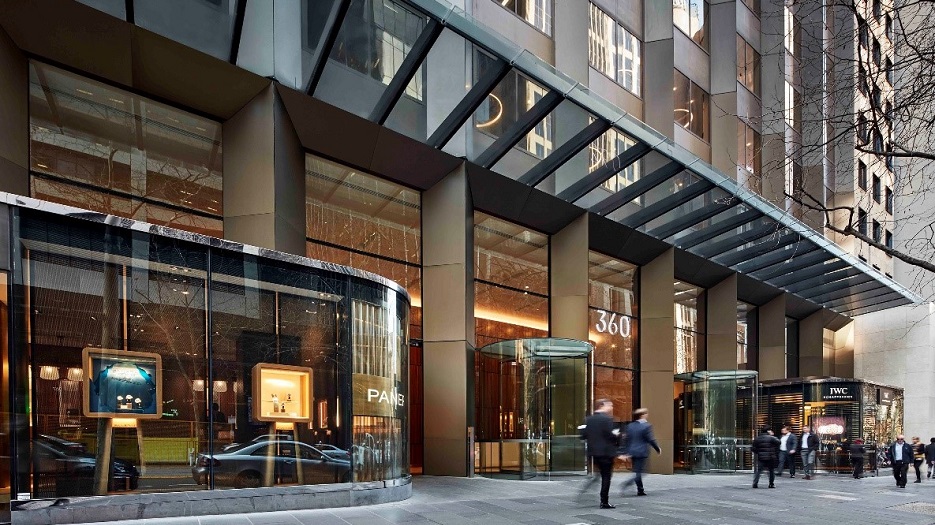
Flexible Workspace in Sydney, Australia
Compass Offices business centres are highly sought after in Sydney as a gateway to other growing markets in Asia. The demand for flexible offices intensifies as the city’s highly skilled and educated workforce from top universities and vocational training institutions take on employment opportunities of their own. Compass Offices operates 3 business offices in Sydney CBD and North Sydney with stunning beaches, harbours, and parks that offer breathtakingly beautiful views. Moreover, the vibrant dining and entertainment scene offers a variety of restaurants, bars and clubs that cater to all tastebuds.
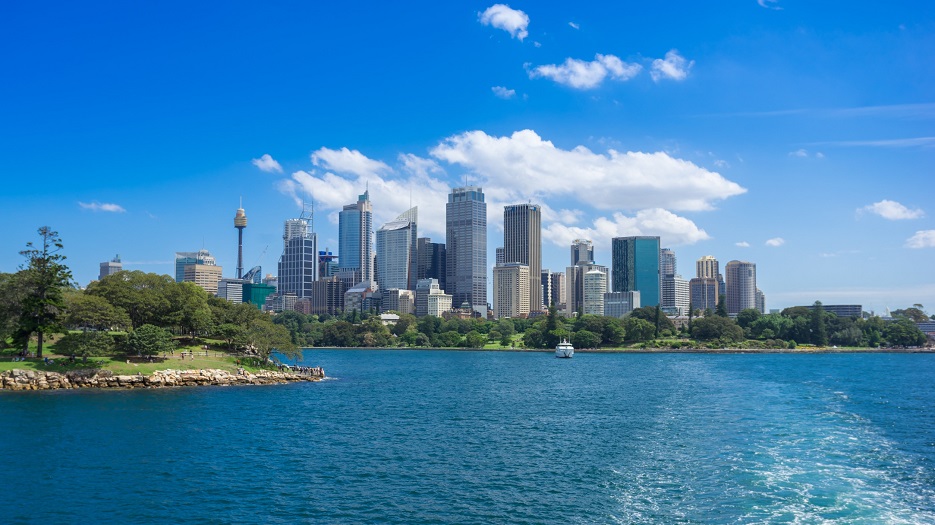
In short, Sydney CBD is Australia’s main financial and economic centre, as well as a leading hub of economic activity in the APAC region. It serves as the Asia-Pacific headquarters for many large international corporations. The financial services industry in particular occupies much of the available office space. Furthermore, North Sydney is a business district across the harbour from the CBD, with a bustling hub of tech, media and commercial businesses in recent years. An efficient network of transport options makes working in Sydney and regional New South Wales convenient and accessible.
Compass Offices – A Creditable and Reliable Service Space Provider
Once the physical location of an office has been ascertained, the evolving office poses additional considerations as the post-covid world witnesses new and continuing trends for alternative work arrangements characterised by an increasingly younger work force that is IT-savvy and holds a different workplace mentality relation to other cohorts. Businesses must now actively rethink how to use their space, the purpose its workspace serves and how that transpires to bringing employees back into the office with a focus on their well-being and productivity.
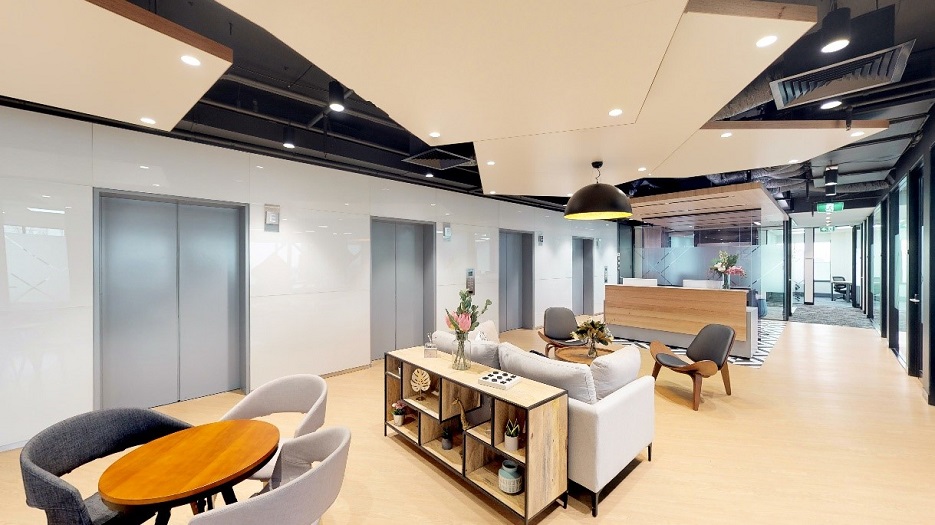
Create an Experience in a Dynamic Environment
The majority of the aforementioned younger workforce are typically Generation Z, outlined in “Moving Waves – GenZ in Flexible Workspace”. A demographic who wants to be in the office and in front of their line managers to have the opportunities to talk about career progression through the business. By extension, a cohesive workspace should be conducive to creating social interactions and enabling wellness within the space, in an inviting manner that make employees want to go into the office and be productive. Hence, many businesses are thinking about their space as a destination, not just a place to come and sit at a desk. An anecdote from Compass Offices might better illustrate the case in point, where its experienced design team engages in helping clients around how they are using the space and how the strategy to support their people programs can be translated into a space, often in the form of additional meeting rooms, a manager’s suite, or even a conference hall.
A Destination Office in the CBD of Australia
In essence, a vital element to workplace design is about providing different places to collaborate; to focus on individual work; quiet places to have those one-on-one discussions as the modern workplace and employee preferences continues to shift. Essentially, the modern workspace is largely set out to – creating a destination office and an experience to attract talent both old and new to the office. In addition to the aforementioned qualified expert as a service space provider, there are various categories of stakeholders that work together to make the concept of a destination office feasible. Hence, this lends itself to both a challenge for architects as well as urban planners.
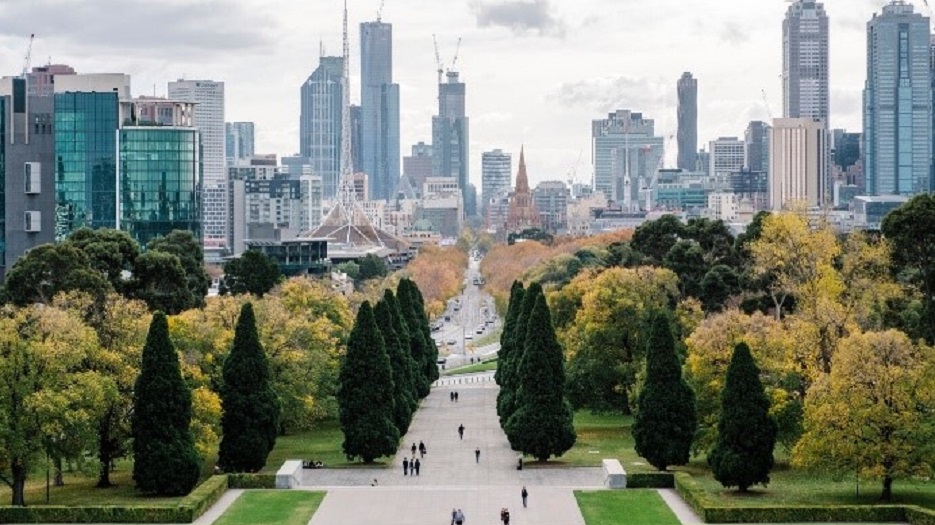
Provided there is a contemporary need to attract talents into the office or more pragmatically, into a city center in order to create vibrancy in the precincts, this process leans into what architects would call placemaking. Placemaking refers to creating places and focuses on transforming public spaces to strengthen the connections between people and these places. It is a process centered on people and their needs, aspirations, desires, and visions, which relies strongly on community participation, all of which are pivotal components to a destination office. In this regard, the majority of Compass Offices business centres are strategically located within reach to most lifestyle amenities and urban green parks. Enquire about Compass Offices in Australia to learn more about complimentary rental of flexible offices in various sizes and scales.
About Compass Offices
Compass Offices is one of Asia Pacific’s fastest-growing providers of flexible workspaces for corporate and business professionals, growing startups, enterprise teams and international conglomerates.
Since 2009, our global support teams have been dedicated to providing our clients with an innovative bespoke business ready workplace and professional services that facilitate growth in today’s changing risk environment.
We present a growing portfolio of over 50 locations across 10 cities, serving a network of over 20,000 clients. Our enterprise-grade IT infrastructure and communication solutions are designed to meet the opportunities of the modern workplace.
For further information, please visit www.compassoffices.com/en-au/

